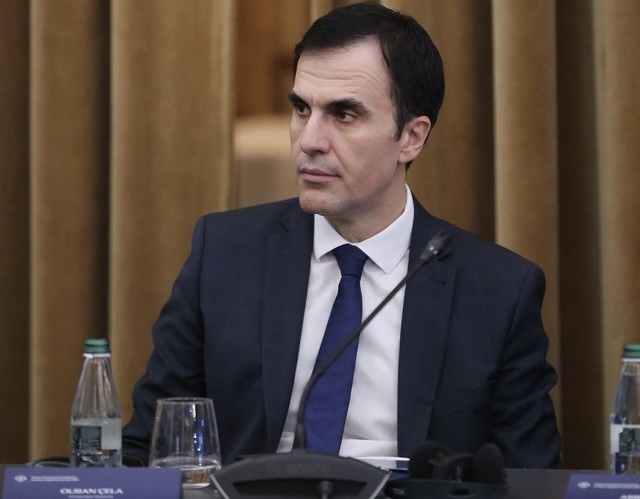Prosecutor General slams colleagues for complaining to foreign embassies

Albania’s Prosecutor General Olsian Çela has publicly condemned a growing practice among prosecutors who, dissatisfied with court rulings, have reportedly taken their grievances to foreign embassies of Albania’s international partners.
Why is this important: The revelation underscores a recurring pattern in Albanian public life, where politicians, judges, and prosecutors seek validation or intervention from international partners rather than resolving institutional disputes domestically. While Albania’s justice reform has long depended on foreign support, Çela’s criticism marks a rare moment in which a top official openly questions the outsized influence of diplomatic actors in the country’s internal judicial affairs.
Context: Complaints to foreign embassies have long been a sensitive undercurrent in Albania’s governance and judicial systems. For years, local actors have sought support or intervention from the U.S. or EU missions in political and legal disputes, reflecting both the trust deficit within domestic institutions and the strong influence of international oversight since the Albania embarked on its post-communist transition. The justice system reform is the one area that has seen great international involvement since 2016, with US and EU sponsoring and supporting the reform even against local opposition.
However, direct criticism of the practice from within the system has been rare. Çela’s remarks — describing the phenomenon as “inconceivable” and a symptom of institutional confusion — were widely praised by legal analysts as a call to restore internal accountability and independence.
Details: Speaking before Parliament’s Legal Affairs Committee, Çela expressed frustration that some first-instance prosecutors had bypassed institutional channels and sent letters to embassies criticizing Court of Appeal decisions.
“We have reached a point where prosecutors question what the Appeal decides. They write letters to institutions and embassies raising issues that belong within our legal system. It’s unacceptable,” Çela said.
He added that “hierarchy has been turned upside down,” partly because of a recent Supreme Court decision allowing first-instance prosecutors to file appeals independently, even when higher-ranking prosecutors have withdrawn. Çela argued that such rulings “undermine institutional order” and weaken the authority of both the Appeal Prosecution and the Prosecutor General’s Office.


